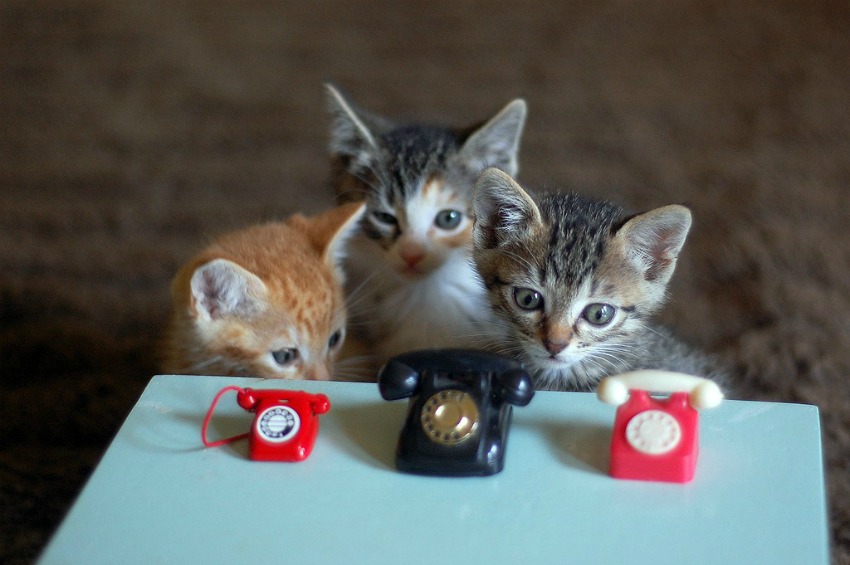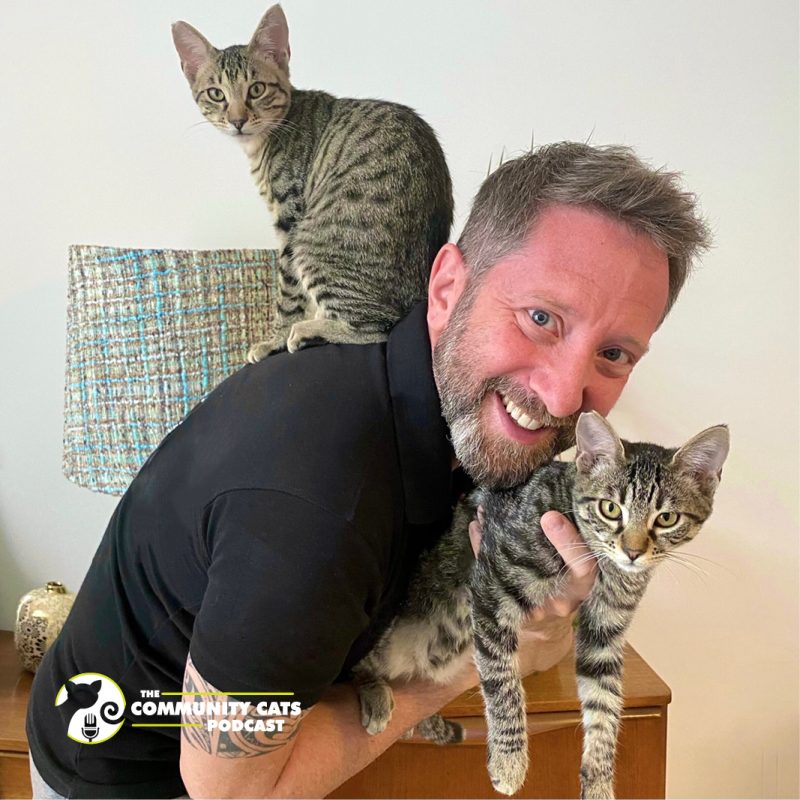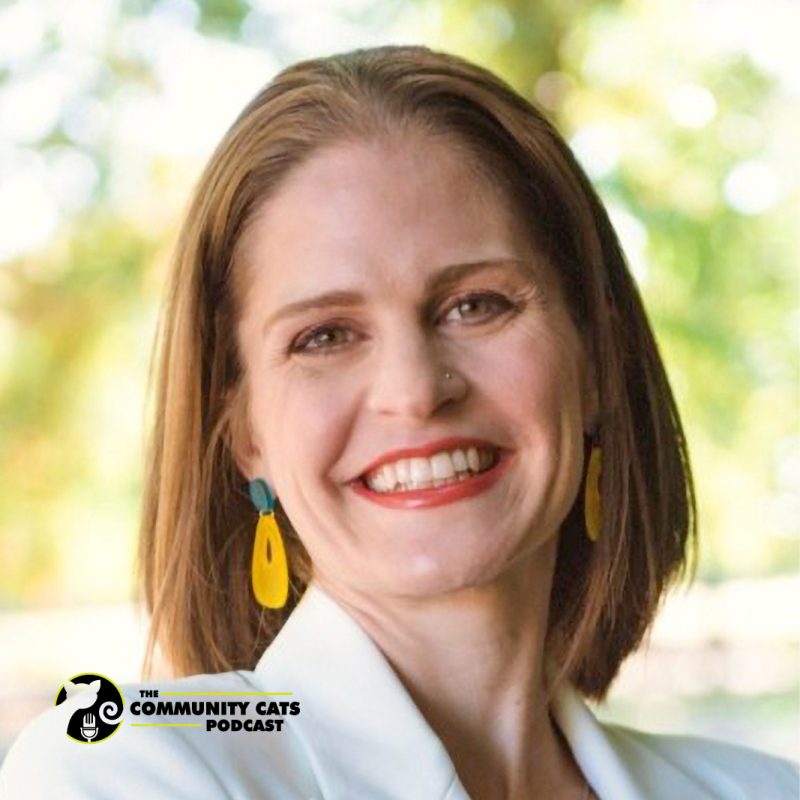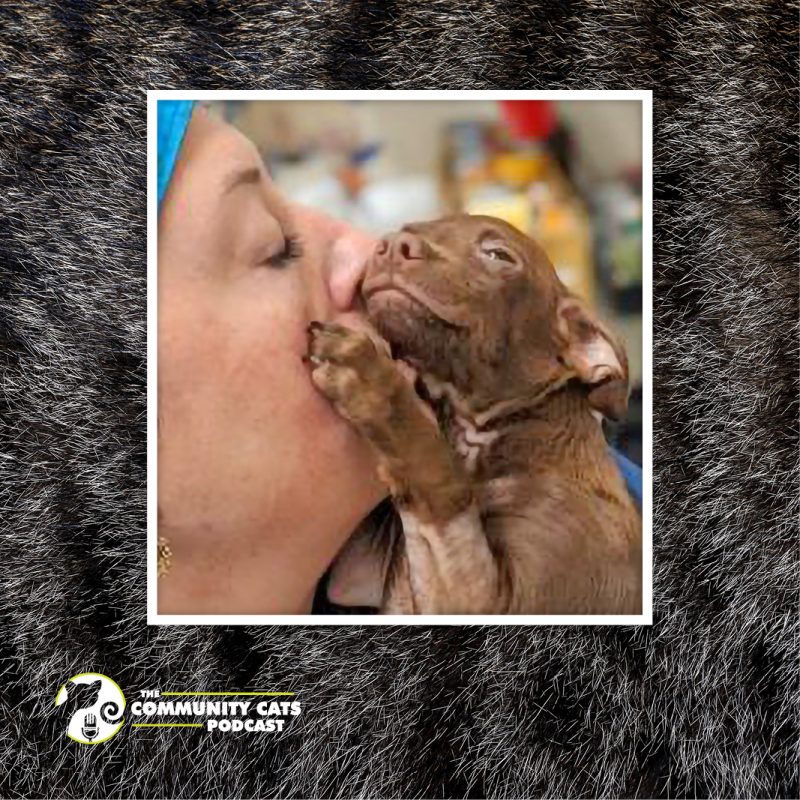
Wisdom from a “Master Trapper – Part 2
February 19, 2018
Fundraising with Community Cats Podcast
February 26, 2018
“Feeling compassion fatigue isn’t really a matter of if, it’s a matter of when. We naturally put ourselves on the back burner over the animals we help.”
Dr. Linda Harper, a lifelong animal lover and advocate, is an author and clinical psychologist in the Chicago area. She is passionate about helping people help animals. She also works to help those who care for animals handle compassion fatigue, and she facilitates pet loss support groups as well. She is also the author of four books, her latest being “The Power of Joy in Giving to Animals.” This book looks at the unique challenges people who work with animals face and contains many interviews with people involved with animals. Dr. Harper works to keep the joy alive within people who work with animals in order to help that work continue to be as fulfilling for them as it was when they first started!
When looking at burnout and compassion fatigue, there are many signs to watch for. It’s important to note that compassion fatigue does not arise because a person is weak or has a personality deficiency; it’s simply because of the unique challenges we face working in the animal world. Feeling tired, not wanting to get up in the morning, getting sick more often, and experiencing more negativity are just a few signs that someone may be experiencing compassion fatigue and burnout.
We want to be able to share how meaningful and joyful this work is, so we have to work on taking care of ourselves! So what is the first step toward improving our feelings of being overwhelmed? Find compassion for yourself! We all need to remember that we’re only human. But how to find that compassion? Simple things like meditating for a few minutes every morning or turning off your phone after a certain time at night can help. Maybe going to bed earlier or finding an accountability partner will help. It is a matter of what you can commit to right now and what you can do every day. You know what you need, so only you can figure out what is right for your lifestyle! Sometimes, the self-compassionate choice is simply saying no to adding more to your plate.
We also need to watch for signs of compassion fatigue in the people we work with on a daily basis. If you’re noticing a volunteer burning out, maybe make the choice of not scheduling them for a bit to let them recharge? Many volunteers forget to take a “vacation” from their volunteer work. We need to remember that in order for compassion to flow naturally from us, it needs to come back to us as well!
Find out more at drlindaharper.com.
Listen to Episode #236 Now











